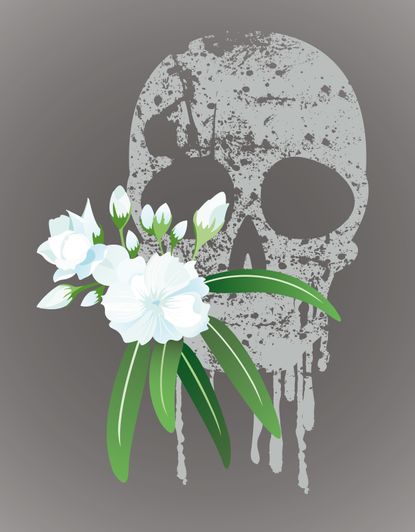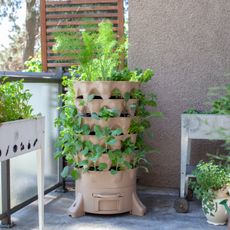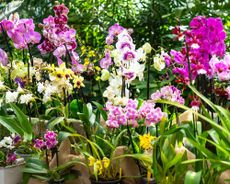Is Oleander Poisonous: Information About Oleander Toxicity


Gardeners in warm climates often rely on oleander in the landscape, and for good reason; this nearly foolproof evergreen shrub is available in a tremendous variety of shapes, sizes, adaptability, and flower color. However, it’s important to be knowledgeable of oleander toxicity and the potential for oleander poisoning before you plant. Read on to learn the specifics.
Oleander Toxicity
Is oleander poisonous? Unfortunately, oleander in the landscape is considered to be highly toxic whether the plant is fresh or dried. The good news is that there have been very few reports of human death due to oleander toxicity, probably due to the plant’s vile taste, says the University of Wisconsin’s BioWeb. The bad news, according to UW, is that many animals, including dogs, cats, cows, horses, and even birds have succumbed to oleander poisoning. Ingestion of even a small amount can cause serious illness or death.
What Parts of Oleander are Toxic?
The National Institute of Health reports that all parts of the oleander plant are toxic and can cause severe illness or death, including the leaves, flowers, twigs, and stems. The plant is so poisonous that even drinking water from a vase holding a bloom can cause a severe reaction. The gummy sap can cause irritation when it comes in contact with the skin, and even smoke from burning the plant can cause severe adverse reactions. Symptoms of oleander poisoning include:
- Blurred vision
- Stomach pain, nausea, vomiting, diarrhea
- Low blood pressure
- Irregular heartbeat
- Weakness and lethargy
- Depression
- Headache
- Tremors
- Dizziness and disorientation
- Sleepiness
- Fainting
- Confusion
According to the National Institute of Health, getting medical help quickly increases the chance of full recovery. Never induce vomiting unless advised to do so by a medical professional. If you suspect a person has ingested oleander, call the National Poison Control Center at 1-800-222-1222, a free service. If you’re concerned about livestock or a pet, contact your veterinarian immediately.
Gardening tips, videos, info and more delivered right to your inbox!
Sign up for the Gardening Know How newsletter today and receive a free download of our most popular eBook "How to Grow Delicious Tomatoes."

A Credentialed Garden Writer, Mary H. Dyer was with Gardening Know How in the very beginning, publishing articles as early as 2007.
-
 Clever Vertical Vegetable Garden Ideas For Small Spaces – 7 Ways To Save Space
Clever Vertical Vegetable Garden Ideas For Small Spaces – 7 Ways To Save SpaceShort on garden space? Learn some vegetable garden ideas for small spaces that are fun and easy.
By Mary Ellen Ellis
-
 26 Different Types Of Orchids – With Pictures & Information
26 Different Types Of Orchids – With Pictures & InformationDiscover stunning orchid types to grow in your home and garden – from easy beginner varieties to rare and exotic species that are the preserve of experts.
By Melanie Griffiths